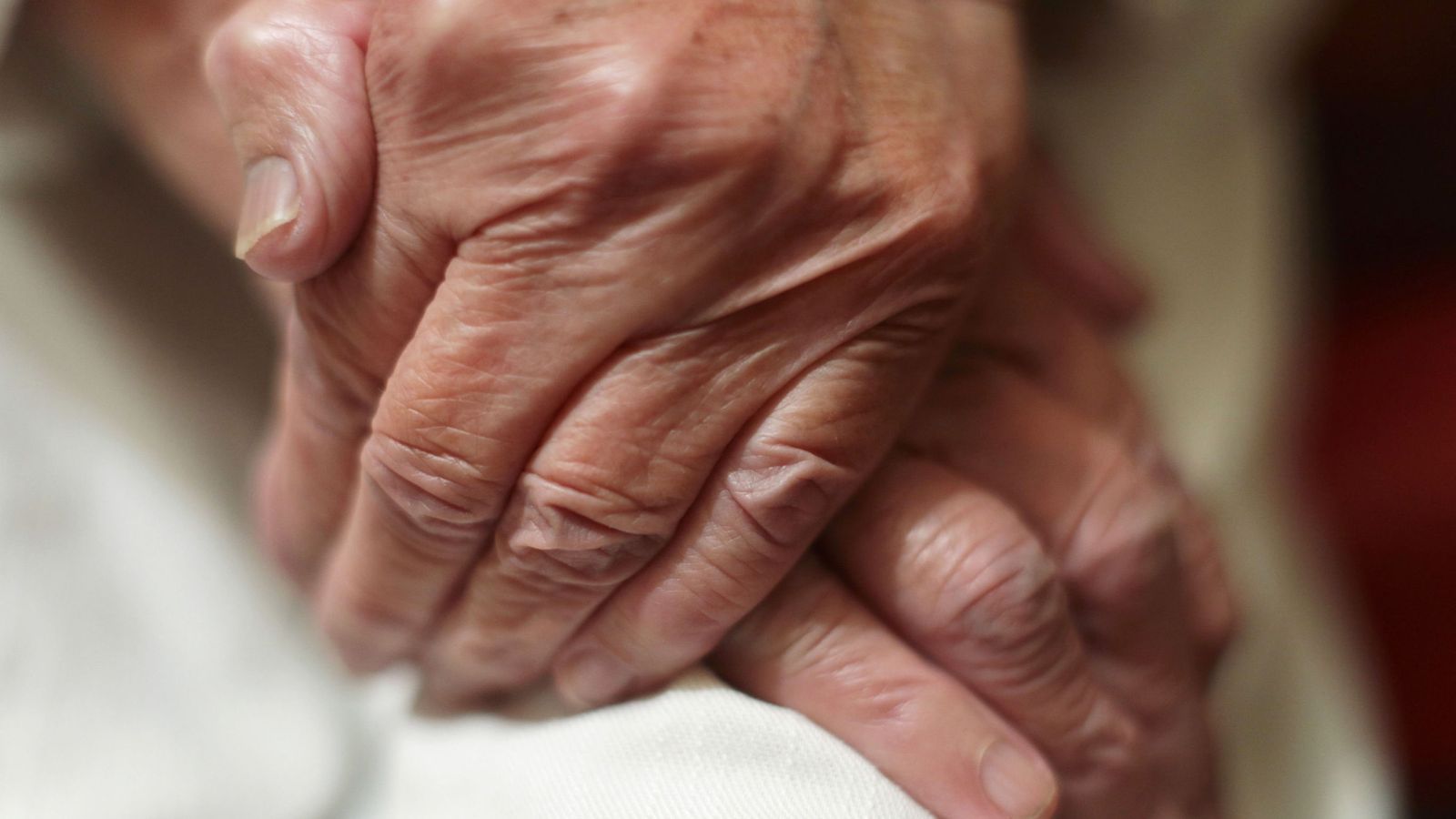Dementia symptoms can often be wrongly blamed on just getting old – delaying the time for people to receive a correct diagnosis, research has shown.
The Alzheimer’s Society has worked with the Royal College of GPs to help people identify dementia symptoms and seek support.
The study found one in four people with dementia experience symptoms for more than two years before they are diagnosed.
The research suggests signs of dementia are too often dismissed by families or individuals as simply old age.
A poll of 1,019 dementia sufferers and their carers found that mistaking dementia symptoms for getting old (42%) was the number one reason it took people so long to get a diagnosis.
Some 26% of all people took more than two years to get a diagnosis, with over a quarter of these only receiving one, or seeking one, once they had reached crisis point.
A checklist by the charity is designed to help people communicate symptoms with a GP.
The checklist includes things like:
Asking the same question over and over again.
Struggling to find the right words or repeating questions and phrases.
Issues with daily living, such as struggling to pay bills or getting lost.
Behavioural or emotional problems such as becoming aggressive, withdrawn, acting inappropriately or walking about.
Putting objects in unusual places.
Being unable to learn new tasks.
Having frequent problems finding the right word or regularly referring to objects as ‘that thing’.
The checklist can be found here.
The Alzheimer’s Society’s new campaign – “It’s not called getting old, it’s called getting ill” – encourages people worried about their memory or that of their loved ones to seek support.
The charity’s chief executive, Kate Lee, said: “If you’re worried for yourself or someone you love, take the first step this Dementia Action Week – come to Alzheimer’s Society for support.
“The stark findings of our survey released today show just how dangerous it can be to battle dementia symptoms alone and put off getting help.
“Yes, getting a diagnosis can be daunting – I know I was terrified when my mum got diagnosed.
“But it is worth it – over nine in 10 people with dementia told us they benefited from getting a diagnosis.”
Read more:
GPS trackers given to those with dementia to help stop ‘tragic’ incidents
Dr Jill Rasmussen, the clinical representative for dementia at the Royal College of General Practitioners, said: “It’s vital for patients, their families and GPs that conversations with the potential for a diagnosis of dementia are timely and effective.
“The new checklist developed with Alzheimer’s Society is a simple, free tool to help patients and their families clearly communicate their symptoms and concerns during an often time-pressured appointment.”





